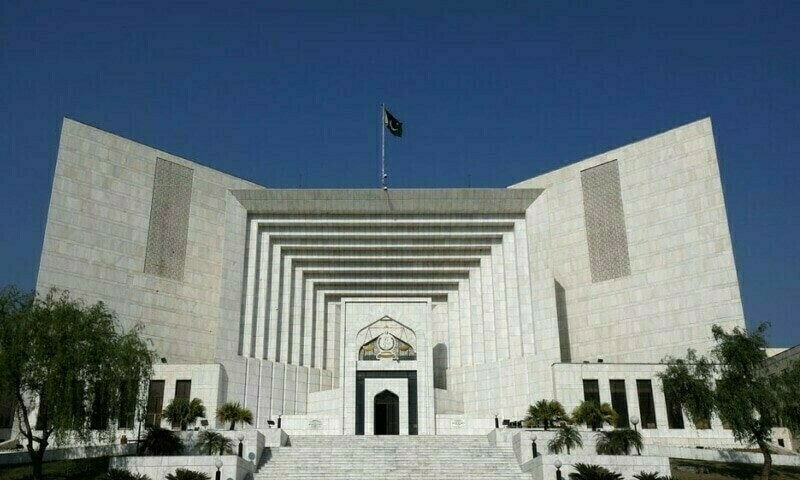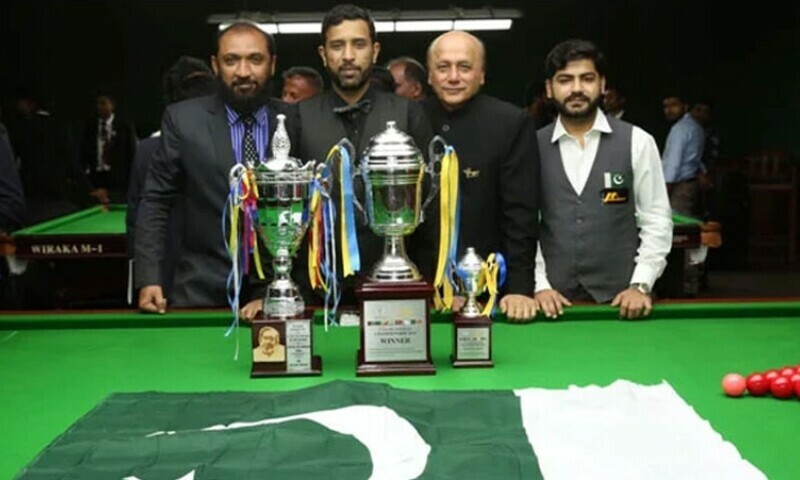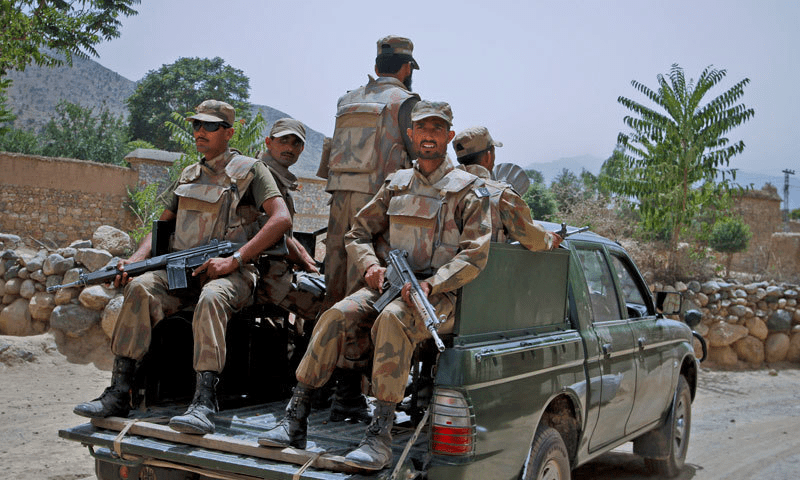The Supreme Court on Friday clarified that changes to the election laws could not retroactively undo its verdict in the reserved seats case.
On July 12, a 13-judge full bench of the apex court had declared that the opposition PTI was eligible to receive reserved seats for women and non-Muslims in the national and provincial assemblies, dealing a major setback to Prime Minister Shehbaz Sharif’s ruling coalition and potentially making the PTI the single largest party in both houses of Parliament.
The Supreme Court had also declared the PTI a parliamentary party. The majority judgement explained that 39 out of the 80 MNAs, shown by the Election Commission of Pakistan (ECP) as PTI candidates, belonged to the party. The rest of the 41 independents would have to file duly signed and notarised statements before the commission within 15 days, explaining that they contested the February 8 general elections as a candidate of a particular political party.
The ECP decided to implement the Supreme Court’s decision, issuing instructions to its legal team to identify any obstacles to the judgement’s execution. This was done to seek further guidance from the top court. Subsequently, the ECP submitted a clarification request to the court.
The Supreme Court had last month rebuked the “misconceived” ECP request and ordered the immediate implementation of its original directions.
Amid all this, the controversial Election (Second Amendment) Bill 2024 seeking to bar the PTI-backed “independent” legislators from joining the party was rushed through parliament in August.
Based on the changes to the election law, National Assembly Speaker Ayaz Sadiq had sent a letter to the ECP last month saying that judgment on reserved seats “cannot be implemented under the Amended Election Act, 2017”.
This had caused the ECP to once again approach the apex court seeking clarification on its order to grant reserved seats to the PTI, arguing that it could not implement the orders due to the amendments to the election act.
The apex court’s clarification issued today, a copy of which is available with Dawn.com, said: “Since the commission and PTI both have asked for a second clarification, we want to simply clarify and reiterate the well-settled exposition of law that the effect of the amendment made in the Elections Act cannot undo our judgment with retrospective effect.
“The amendments made in the Elections Act after the
release of our short order will have no bearing and the commission is bound
to implement the judgment passed by the Supreme Court of Pakistan, in its
letter and spirit, without seeking any further clarification.”
The court said it had already issued a clarification before releasing its detailed reasons for the July 12 verdict, adding that the first clarification was also merged into the detailed order.
“The option given by us to seek clarification in the short order was in fact an intermediary window till the detailed reasons were assigned, so in case there arises any misunderstanding as to the spirit or implementation of the short order before the release of the detailed judgment, the parties may seek clarification.
“The detailed reasons have already been released and all legal and constitutional issues raised and argued by the parties have been dealt with eloquently and answered, therefore, no further clarification is required to be issued. The judgment of this court has binding effect in terms of Article 189 of the Constitution of the Islamic Republic of Pakistan, 1973, and should have been implemented,” the court said.
A source had told Dawn that the ECP was likely to decide today whether or not to grant PTI reserved seats in parliament in line with the Supreme Court’s July 12 order.
A meeting headed by Chief Election Commissioner Sikandar Sultan Raja on Thursday took up the issue and discussed the two letters written by Sadiq to not grant PTI the reserved seats.
The meeting was briefed by the commission’s law wing. According to sources, another meeting will take place today and further discussion will be held with legal experts.
Some analysts believed that the ECP might decide against the Supreme Court’s judgement and restore the members from PML-N, PPP, and Jamiat Ulema-i-Islam-Fazl who were earlier notified to have been elected against reserved seats.
A source had also claimed that these former members had already been asked to reach Islamabad to take oath following their restoration.





Leave a Reply